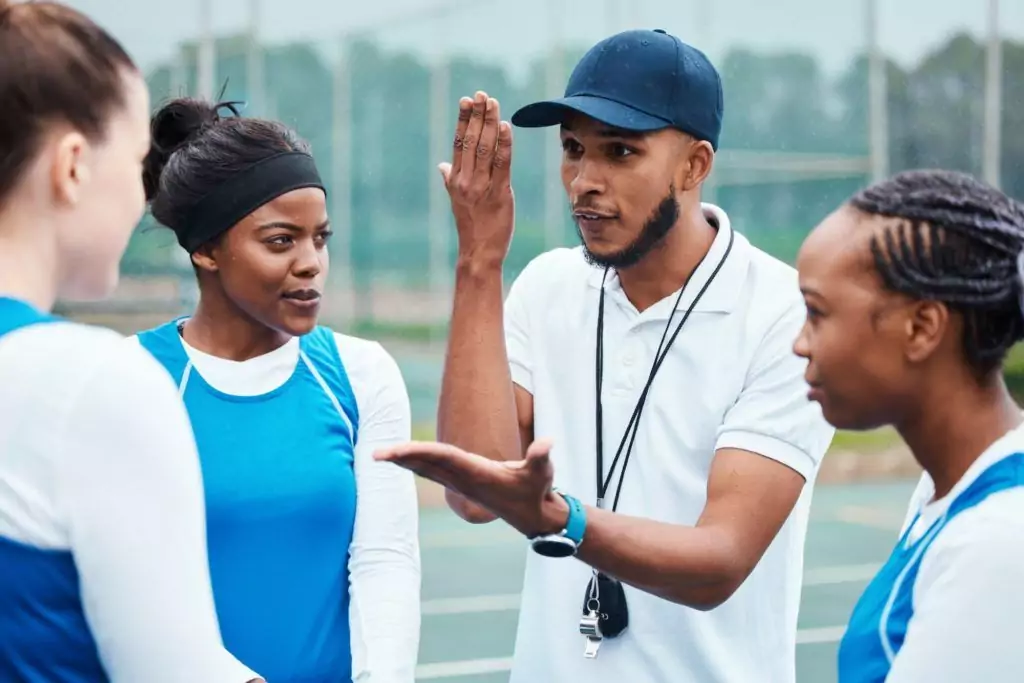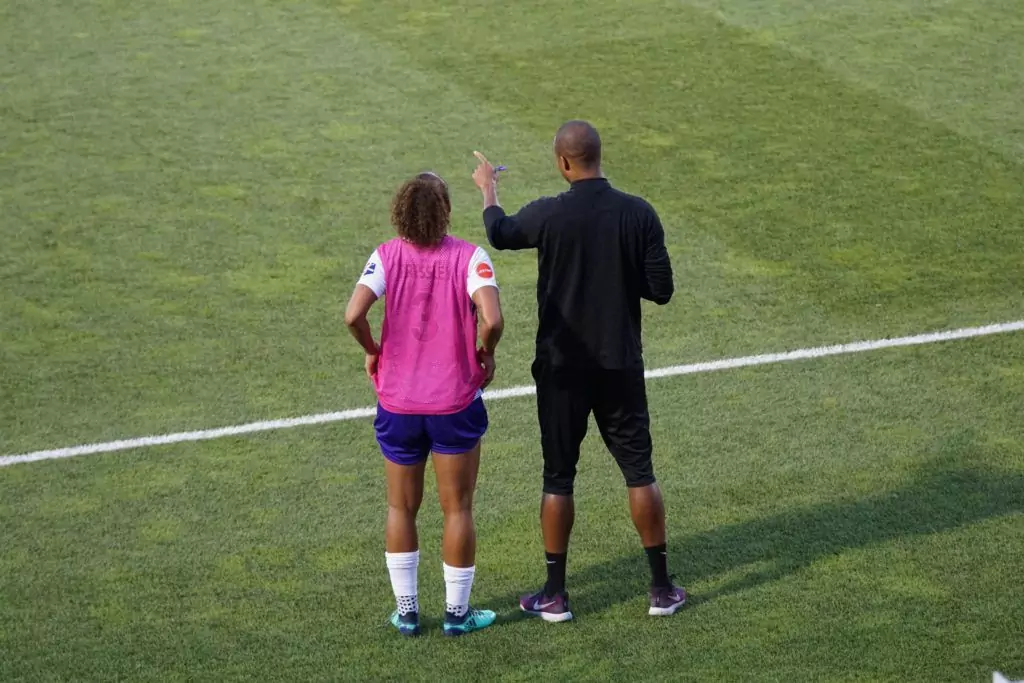In the world of youth sports, coaching isn’t always just about teaching the fundamentals of the game. It’s often about managing personalities, dealing with parents, fostering team spirit, handling defeat and success, and so much more. It’s a multifaceted role that can be as challenging as it is rewarding. As a youth sports coach, you’re not just shaping athletes; you’re helping to shape individuals.
This journey, however, can be a rocky road filled with obstacles and challenges that can make even the most seasoned coach feel like a rookie. That’s why we’ll delve into the intricacies of communication, conflict resolution, motivation, skill development, and many other aspects of coaching.
So, let’s lace up those coaching shoes, roll up our sleeves and dive into the rewarding world of youth sports coaching. Because at the end of the day, it’s not just about winning games, it’s about making a positive impact on the lives of young athletes.
Mastering the Art of Communication
Effective communication lies at the heart of successful coaching. From relaying instructions during games to delivering constructive feedback in practice sessions, strong communication skills are essential for building a positive coaching environment. Addressing communication challenges includes:
- Active listening: In addition to conveying your message clearly, it’s crucial to listen to your athletes, their parents, and fellow coaches. Encourage open dialogue for better understanding and addressing concerns.
- Age-appropriate language: Tailor your communication style to your athletes’ ages and comprehension levels, ensuring that everyone remains on the same page during training sessions and matches.
- Non-verbal cues: Recognize and interpret non-verbal communication, such as body language and facial expressions, to gauge player engagement and emotional state.
Balancing Fundraising Efforts and Coaching Responsibilities
The financial aspect of youth sports is often a challenge. From purchasing equipment to covering travel expenses, fundraising plays a significant role in supporting your team’s activities. Strike a balance between your coaching and fundraising responsibilities by:
- Delegate tasks: Appoint a dedicated fundraising team, including parent volunteers, to oversee the planning and execution of fundraising campaigns, allowing you to focus on coaching.
- Merge fundraising and coaching: Integrate fundraising activities with your athletic program by hosting events, such as clinics or tournaments, that simultaneously raise funds and promote player development.
- Utilize technology: Leverage our digital fundraising platform, Scoreboard Fundraising, to streamline your fundraising process, minimizing time and effort while maximizing results.
Developing Players with Varying Skill Levels
Coaching a team with diverse athletic abilities can be challenging but offers an opportunity for targeted development. Help each player reach their potential with these strategies:
- Set individual goals: Work with each athlete to create personalized objectives, encouraging them to focus on their areas of improvement and track their progress.
- Differentiate instruction: Adapt your coaching methods to accommodate varying skill levels, providing advanced drills for proficient athletes and extra support for those who need it.
- Promote teamwork: Encourage a supportive team environment, where skilled players mentor their teammates and collaborate towards shared success.
Managing Team Dynamics and Conflict Resolution
A harmonious team dynamic fosters increased success on and off the field. Effectively manage interpersonal conflicts and ensure a positive team environment with these techniques:
- Establish expectations: Clearly communicate your expectations for behavior and sportsmanship, reinforcing the values of respect, cooperation, and perseverance.
- Address conflicts early: Proactively identify and address tensions within the team before they escalate, facilitating open and constructive conversations to resolve issues.
- Encourage empathy: Foster understanding and empathy among your athletes by emphasizing the importance of respecting diverse perspectives and backgrounds.
Preventing Burnout and Prioritizing Athlete Well-being
Increased pressure to constantly perform and improve can cause burnout among young athletes. Prioritize their emotional and physical well-being while maintaining a competitive edge:
- Emphasize personal growth: Cultivate a growth mindset by celebrating effort, improvement, and resilience, rather than solely measuring success through wins and losses.
- Monitor workload: Regularly assess your athletes’ physical and emotional well-being, adjusting their training workload accordingly to prevent overtraining and burnout.
- Encourage a balanced life: Empower your athletes to strike a healthy balance between sports, academics, and personal interests, fostering their overall well-being and reducing burnout risk.
Navigating Parent-Coach Relationships
Establishing and maintaining positive relationships with parents is vital for a successful coaching experience. Ensure seamless collaboration and open communication with these tips:
- Set boundaries: Clearly define your roles and expectations as a coach, establishing boundaries and fostering mutual respect between yourself and parents.
- Provide regular updates: Keep parents informed of their child’s progress, upcoming events, and any team-related decisions, facilitating transparency and trust in your coaching.
- Create opportunities for involvement: Encourage parental engagement by providing opportunities for them to support the team, such as volunteering at events or organizing fundraisers.
With these best practices in mind, youth sports coaches across various disciplines can overcome common challenges and foster a positive, productive environment for their team.
Achieving Success in Youth Sports Coaching
The goal is not just about winning games but nurturing young individuals who will grow to appreciate the essence of sportsmanship, team play, and respect for others. So, to all the youth sports coaches out there, your role is profoundly influential—keep inspiring, keep teaching, and keep adapting. Your efforts are shaping the sporting heroes of tomorrow.
To further streamline your coaching journey, consider leveraging our innovative fundraising platform for sports, Scoreboard Fundraising. Our app simplifies the fundraising process, allowing you to focus on nurturing your athletes’ talents while ensuring the financial resources needed for your team’s growth.
Ready to elevate your coaching game and achieve greater heights in youth sports? Experience the ease and effectiveness of Scoreboard Fundraising today and unlock a world of opportunities for your team.




